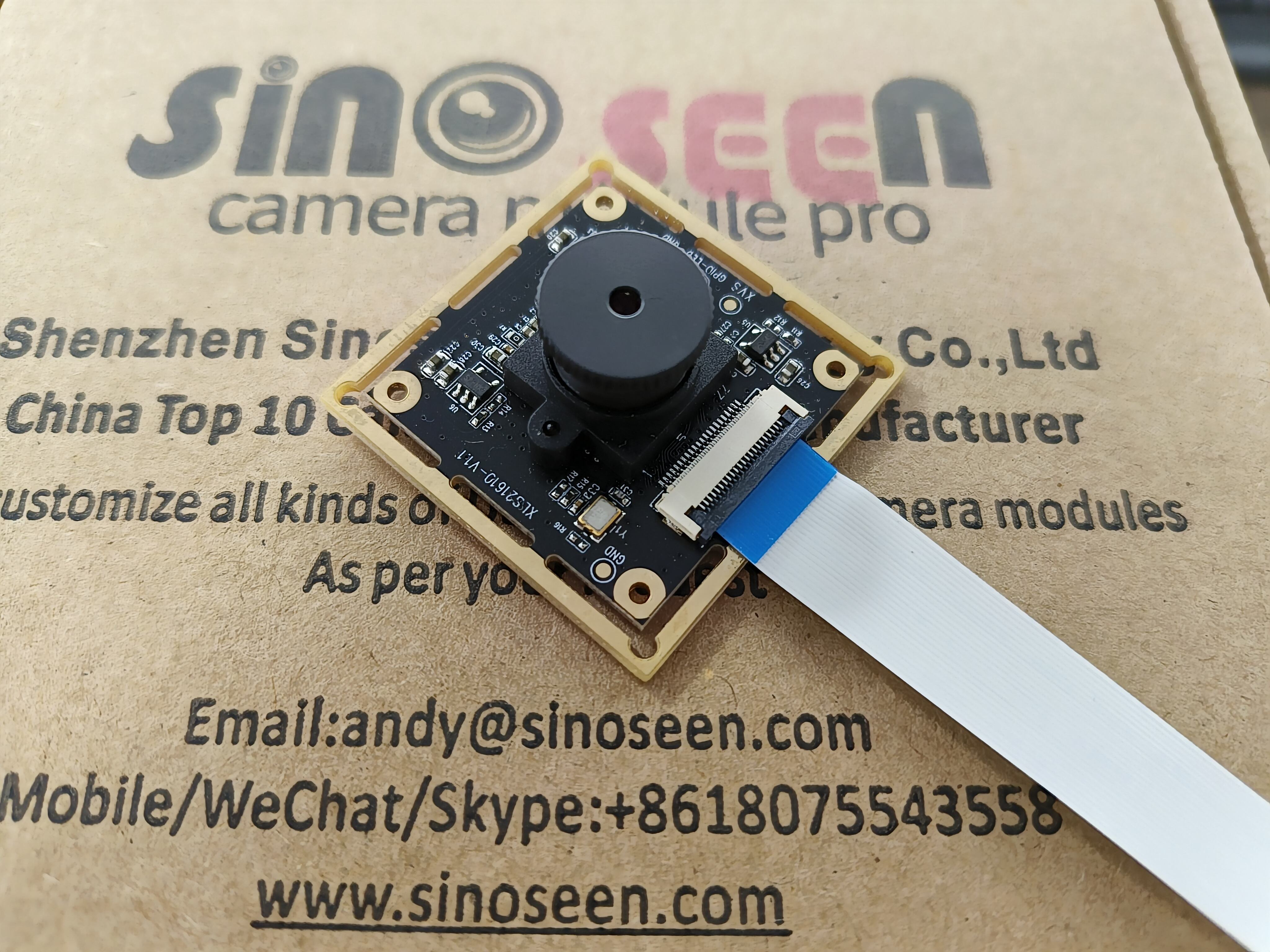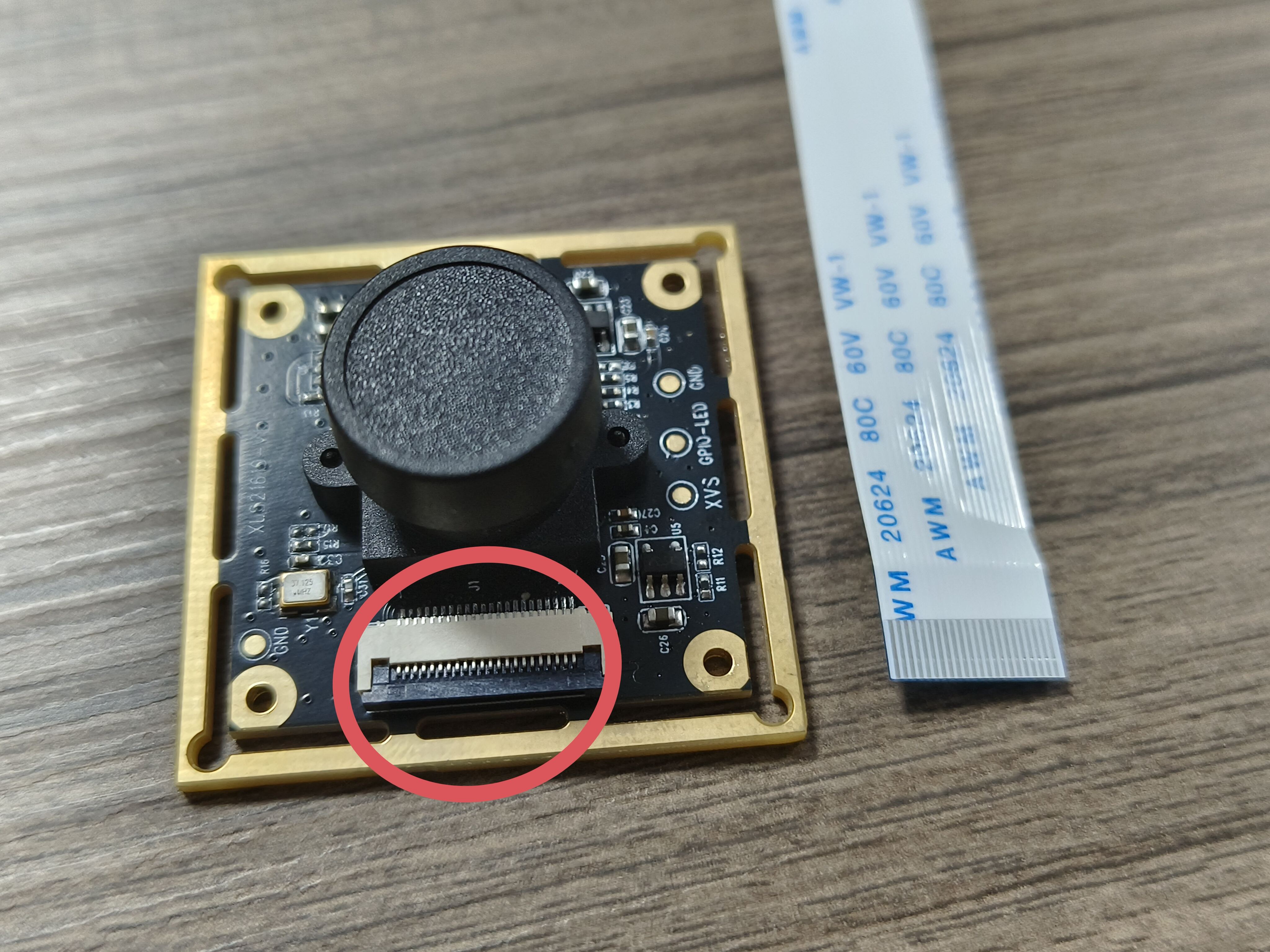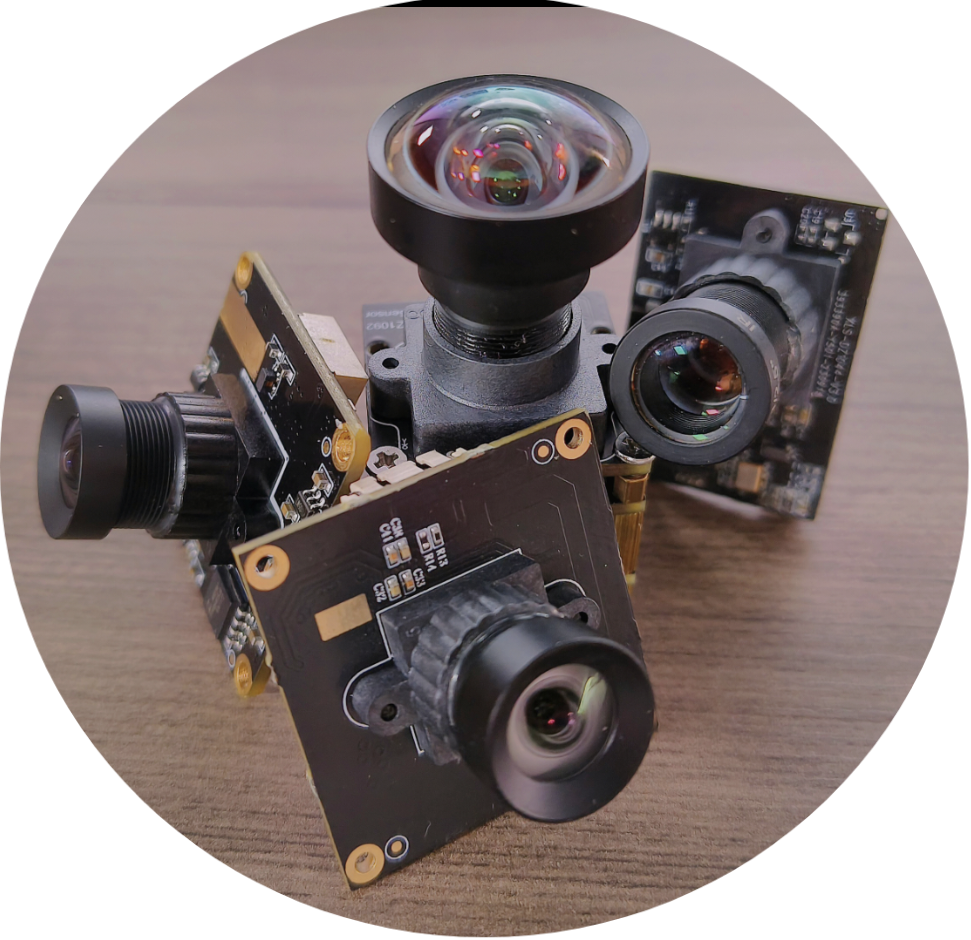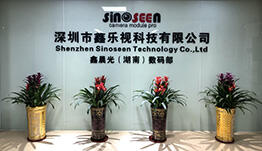An Introduction to the Raspberry Pi Camera Module
The Raspberry Pi Camera Module is a small, inexpensive camera add-on that connects to the Raspberry Pi board via a custom CSI interface. It allows Pi's to capture still photos and video for a variety of projects.

The Raspberry Pi's Camera Module Sports the following features.
The Raspberry Pi Camera Module offers a range of features that make it a powerful tool for capturing images and videos:
High-Quality Imaging
The autohouse's camera module allows for beginner photographers to capture high-resolution, still images with up to 12 megapixels for clear and precise photos. Moreover, in has capability of recording video with multiple resolution, for instance, 1080p and 720p, the full HD and HD.
Interchangeable Lenses
There are multiple external lens options for the front camera module, which adds an extra fun feature of playing around with different focal lengths and effects tryouts. What is more, the module can be used along with both the standard camera cables issued by Raspberry and the dedicated adapters that are needed with third-party lenses.
Compact Size
The lens size is low and lightweight, you could be able to use it in projects with space limits. By the way, it is its small size and light weightness that makes it either a good choice for traveling or outskirts seancing session.
CSI Interface
The module camera hooks up to the Raspberry Pi via CSI (Camera Serial Interface) port enabling tighter speed and higher reliability. This interface let the device communicate with the Raspberry Pi easily and in turn the image and the captured video are both smooth. Software Support
Software Support
The Raspberry Pi Camera Module is supported back by the official Raspberry Pi Operating System as well as numerous third-party software libraries and applications. The important point here is that this is a comprehensive range of software support that allows the users to include the camera module into the existing projects and realize other applications.
The Basics of Using the Raspberry Pi Camera Module
The camera can be plugged into the PI port labelled CS for operation. Next is to install Picamera Python library which serves the role of acting as an interface that allows you to control the camera and export images/clips.
1.Hardware Setup: Connect the camera module to Raspberry Pi CSI port. Make sure that the connecting wire is not tangled and also make sure that it is connected tight and aligned properly.
2.Software Configuration: Make possible to change the settings of camera module on configuration of Raspberry Pi. This can be done through the Raspberry Pi Configuration Tool or by using a text editor with the config files.
3.Testing the Camera: The camera is activated once the camera module is enabled; you can make the photography test by using the raspistill command along with the raspicvid command so as to capture still image or video. This software is in the Raspberry Pi OS, so there is no need for you to install it.
4.Exploring Advanced Features: First of all, you should get accustomed to all main operational capabilities of the camera module. Second, it is time for advancing such as adding new features or settings to your camera module. These options include fine-tuning obvious things such as exposure, white balance, and some camera parameters which make seeing what exactly you want achieveable.
Projects using the Pi camera include security systems, surveillance drones, animal monitoring, time lapse photography and more. It opens up computer vision and AI projects for the Pi.
More information can be found in the Raspberry PI documentation
FAQs:
Q: Can the Pi camera be used with all Raspberry Pi models?
A: Yes, the Pi camera module works with all Pi boards from the original Pi 1 up to the latest Pi 4. However, Pi 4 provides faster video compression.
Conclusion
The low cost yet high quality Raspberry Pi Camera Module enables countless photography and vision projects when combined with the versatile Raspberry Pi single-board computers. It expands the Pi's capabilities into computer vision applications.
|
|
|
About the author |
|
|
|
|
Zenos Lee |
|
||
|
|
An experienced camera module technologist with excellent problem-solving skills and strategic thinking. He is passionate about innovative camera module technology and is able to design and efficiently implement solutions to meet customers' unique needs. With years of experience in the industry, he provides attentive and courteous service to customers. |
|
||

 EN
EN
 AR
AR
 DA
DA
 NL
NL
 FI
FI
 FR
FR
 DE
DE
 EL
EL
 HI
HI
 IT
IT
 JA
JA
 KO
KO
 NO
NO
 PL
PL
 PT
PT
 RO
RO
 RU
RU
 ES
ES
 SV
SV
 TL
TL
 IW
IW
 ID
ID
 SR
SR
 VI
VI
 HU
HU
 TH
TH
 TR
TR
 FA
FA
 MS
MS
 IS
IS
 AZ
AZ
 UR
UR
 BN
BN
 HA
HA
 LO
LO
 MR
MR
 MN
MN
 PA
PA
 MY
MY
 SD
SD






